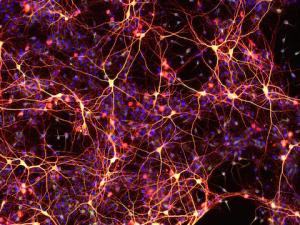It is known that our memories with strong emotions can't be forgotten, such as a special birthday or the weather condition on the day of one's marriage. But memories about what one had for dinner a week back will be forgotten.
This takes us to the question, why are strong memories attached to emotions?
Professor of psychiatry and neuroscience at the Columbia University Vagelos College of Physicians and Surgeons, Dr. René Hen, said the fact we don't remember everything made sense, as there is limited brain power. "We only need to remember what's important for our future wellbeing," Hen told MedicalXpress.

For instance, the emotion of fear is not a momentary feeling but remains a learning experience, playing an important role in survival. Unfolding newer situations that make us fearful is recorded in the brain's neurons in order to avoid similar situations in the future.
Unanswered Question
But why the memories that are recorded by the brain's hippocampus become so strong is an unanswered question.
In trying to understand this, Hen and Jessica Jimenez, students at Columbia placed mice in dear inducing situations, while recording the activity of hippocampal neurons reaching the brain's fear center, called the amygdala. The neurons' activity was recorded as the mice tried to retrieve such memories.
In response to frightening environments, the neurons send information to the brain's fear center, the researchers found. But it came as a surprise to them that such neurons were synchronized as the mouse recalled the memory, Hen said.
Neural Synchrony

The "synchrony" proved critical in establishing the fear memory. Further, it was seen that the greater the synchrony, the stronger was the memory, Jimenez said.
But further research is needed as it is still not known how and when such synchronization happens. If this is found, then it could reveal the inner workings of the brain and how it creates lifelong memories. This could lead to potential new treatments for posttraumatic stress disorder (PTSD) and other memory disorders.
Those with PTSD, similar events remind them about their original frightening situations, Hen said, "and it's possible that synchronization of their neurons has become too strong."








